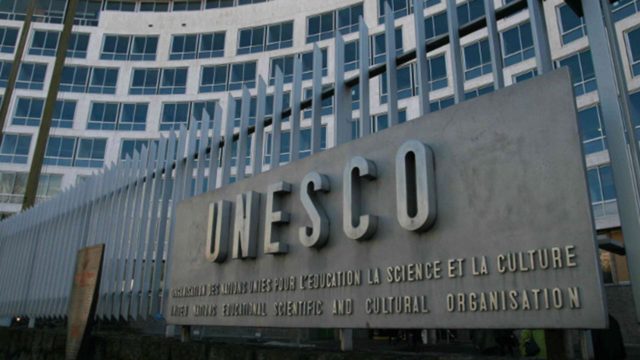By Kingsley Jeremiah, Abuja
The United Nations Educational, Scientific and Cultural Organisation (UNESCO) Chair in Energy for Sustainable Development and other global stakeholders are canvassing for leeway to address the energy crisis in Africa.
The stakeholders, including the African Union have insisted that knowledge sharing remains a key factor to build capacity in the continent and ensure that Africa enjoys sustainable energy.
They stated this at a programme organised by the UNESCO Chair in Energy for Sustainable Development at the Po-litecnico di Milano, Italy, Emanuela Colombo.
The International Energy Agency (IEA) had noted that over 600 million people, standing at 43 per cent of the total population, lack access to electricity, especially in sub-Saharan Africa.
In a programme of the European Union and African Union where Colombo engages in diverse multidisciplinary and transnational research and projects, the continents are on collaborations, leveraging on partnerships and sharing know-how, facilities, innovative teaching and learning methods between EU-AU universities.
Assistant Director General for Education, UNESCO, Stefania Giannini, had noted the need for education in improving energy sustainability on the continent.
Speaking at the programme themed, ‘Science Diplomacy: EU-AU University Collaboration for Just and Sustainable Transition’, Gianninin noted that COVID-19 and the current war in Ukraine has validated the need to collaborate and co-create a better future.
She noted that the development, which could be championed through higher or university education, must be designed to address the society’s pressing needs amidst climate change challenges and energy poverty.
According to her, knowledge must not be seen as a commodity but something that should be shared across borders in the interests of the common good. Colombo, on her part, stated that energy remained a key sector where technology is needed.
“But we really need to understand what is the long term impact; positive and negative on the use of energy in different ways,” she stated.
Colombo said education must therefore be designed in a manner that students would understand how to go beyond technological development.
She noted that the peculiar challenges in Africa must be understood when dealing with energy transition, considering the current level of raw material.
Source: The Guardian








